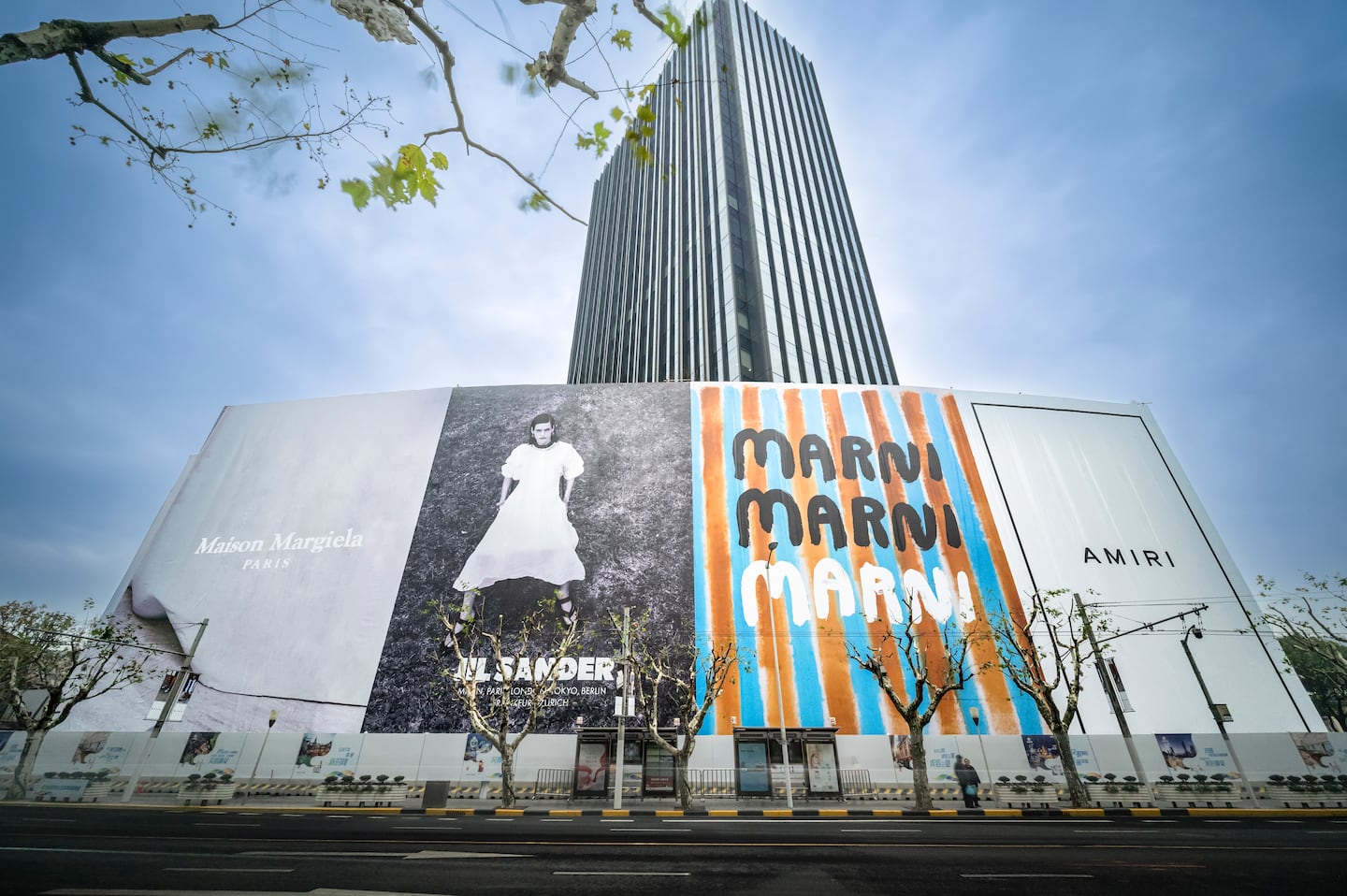
The Business of Fashion
Agenda-setting intelligence, analysis and advice for the global fashion community.

Agenda-setting intelligence, analysis and advice for the global fashion community.

Chinese consumption took a hit last month as Covid-19 curbs began to bite, with retail sales declining for the first time in two years.
In a data dump Monday, China’s National Bureau of Statistics (NBS) said the country’s gross domestic product (GDP) expanded by 4.8 percent, beating analysts polled by Reuters, who had expected a gain of 4.4 percent.
Data for March showed retail sales contracting the most on an annual basis since April 2020, falling 3.5 percent year-on-year, worse than expectations for a 1.6 percent decrease and coming off an increase of 6.7 percent for the months of January and February combined (data for January and February are often bundled together in China because the period coincides with the Lunar New Year holidays).
“We will step up the implementation of macro policies, make every effort to stabilise the economic fundamentals, and strive to achieve the targets and tasks for the year,” NBS spokesperson Fu Linghui told a press conference.
ADVERTISEMENT
Learn more:
China’s Booming Luxury Market Won’t Be Smooth Sailing in 2022
As repatriation of luxury spend continues in 2022, domestic sales in China are expected to surpass 2019 levels by 90 to 110 percent, but that doesn’t mean brands can rest on their laurels amid economic headwinds and government crackdowns.
With consumers tightening their belts in China, the battle between global fast fashion brands and local high street giants has intensified.
Investors are bracing for a steep slowdown in luxury sales when luxury companies report their first quarter results, reflecting lacklustre Chinese demand.
The French beauty giant’s two latest deals are part of a wider M&A push by global players to capture a larger slice of the China market, targeting buzzy high-end brands that offer products with distinctive Chinese elements.
Post-Covid spend by US tourists in Europe has surged past 2019 levels. Chinese travellers, by contrast, have largely favoured domestic and regional destinations like Hong Kong, Singapore and Japan.